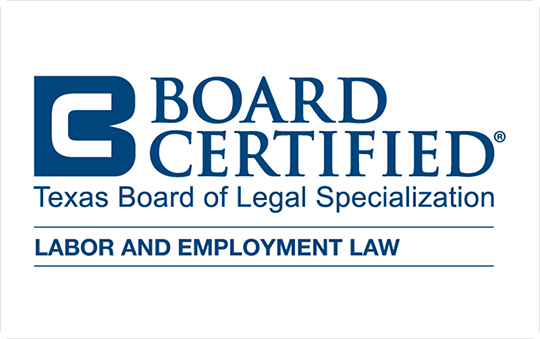Overtime Pay: New Rules for Executive, Administrative and Professional Employees
The federal overtime provisions are contained in the Fair Labor Standards Act (FLSA). The FLSA is a longstanding federal statue addressing minimum wage, overtime, and child labor. Little has changed in the overtime rules until recently. The last two presidential administrations have addressed overtime rule adjustments.
Generally, the overtime rule is nonexempt employees covered by the FLSA must receive overtime pay for hours worked over 40 in a workweek at a rate not less than time and one-half their regular rates of pay. There is no limit in the FLSA on the number of hours employees aged 16 and older may work in any workweek. The Act does not require overtime pay for work on Saturdays, Sundays, holidays, or regular days of rest, unless overtime is worked on such days.
The FLSA applies on a workweek basis. An employee’s workweek is a fixed and regularly recurring period of 168 hours — seven consecutive 24-hour periods. It need not coincide with the calendar week and it may begin on any day and at any hour of the day. Different workweeks may be established for different employees or groups of employees. Averaging of hours over two or more weeks is not permitted. Normally, overtime pay earned in a particular workweek must be paid on the regular pay day for the pay period in which the wages were earned.
Recent rule adjustments effect exempt (from overtime payment) executive, administrative, and professional employees. Effective January 1, 2020, new rules updated the earnings thresholds (salary levels) necessary to exempt employees classified as executive, administrative, and professional employees from the FLSA overtime pay (and minimum wage) requirements. The new rules also allow employers to count certain bonuses and commissions toward the required salary level.
The new rules raise the salary thresholds. The salary threshold for a lawfully exempt employee classification is $684/week (or $35,568/year), up from $455/week under the old rules. The new threshold for “highly compensated employees” is $107,432/year, up from $100,000 per year under the previous rule.
The new rules allow employers to count nondiscretionary bonuses and incentive payments towards an exempt employee’s salary threshold. Now, employers may use nondiscretionary bonuses and incentive payments (commissions) to meet salary levels. Such bonuses and incentive payments may count toward a salary level provided the payment makes up no more than 10% of the required salary level and is nondiscretionary.
The new rules impact employers and employees differently. Have employers classified employees correctly and addressed the necessary fiscal issues? With reclassification, will employees have “off-the-clock” claims?
We're here to help
Contact Glavy Law and address how the new wage and hours rules effect you or your business.










